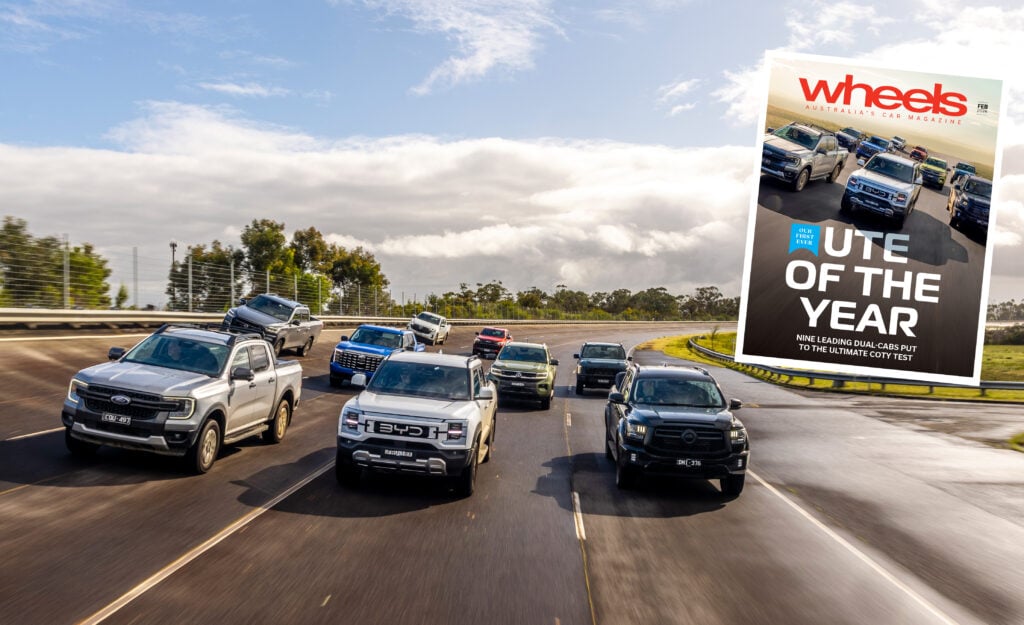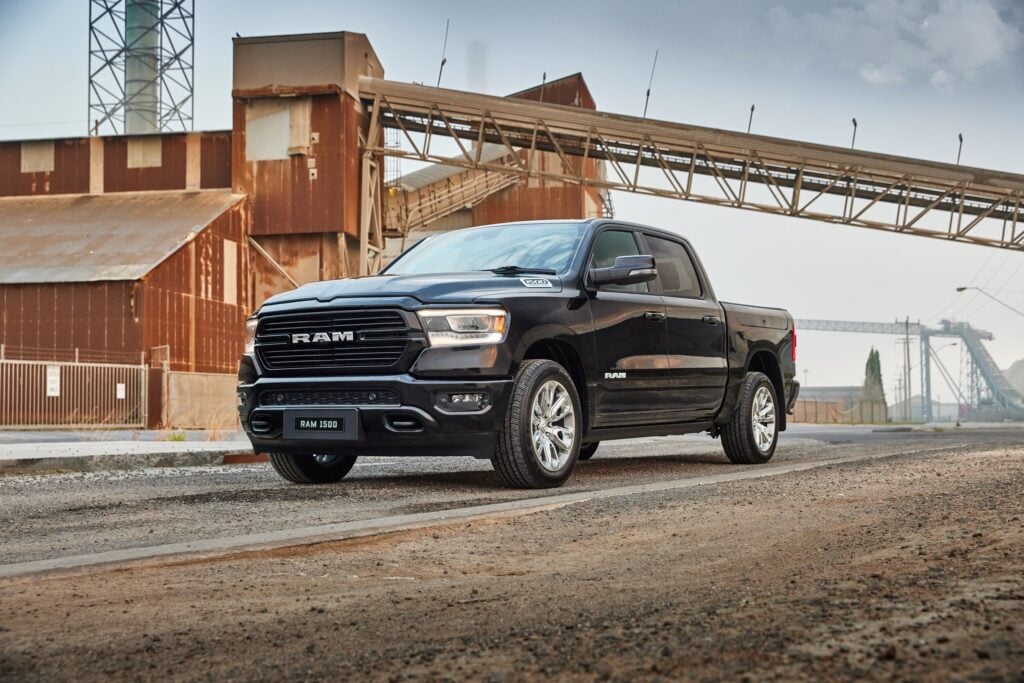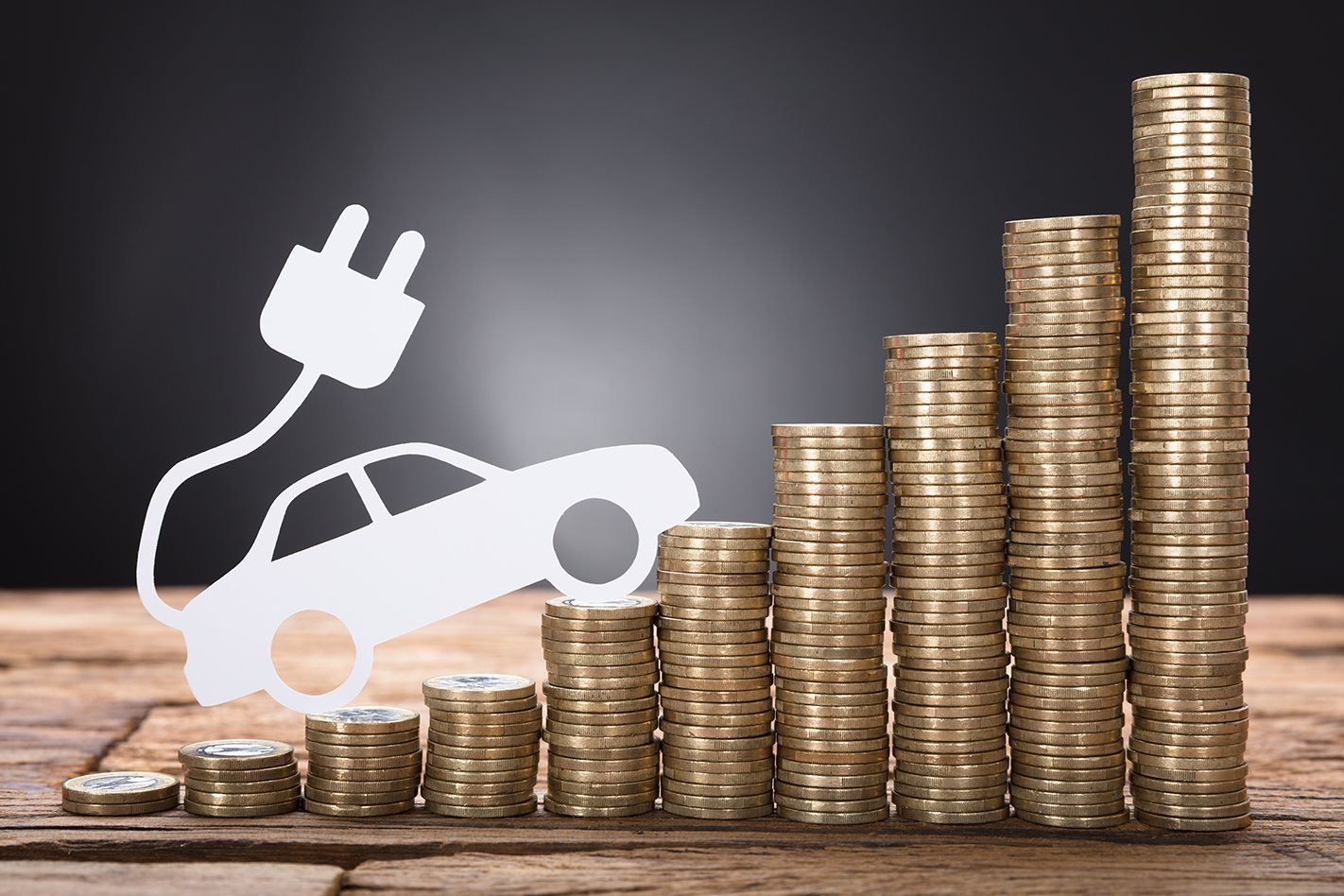
UPDATE: March 17 2021 – The Victorian Government is pushing ahead with its contentious EV tax, announcing it is tabling legislation into Parliament to introduce the new charging framework.
As announced in the 2020-21 Victorian Budget, a distance-based charge will apply for Victorian registered zero and low emission vehicles (ZLEVs) from July 1, 2021, with a 2.5c/km charge applying to electric and other zero emission vehicles, including battery-electric and hydrogen vehicles, and a 2.0c/km charge will apply to plug-in hybrid-electric vehicles.
According to the Government, electric vehicle owners will pay on average an additional $330 a year in distance-based road usage charges and plug-in hybrid-electric vehicles owners will pay an additional $260 a year – though this figure does not seem to take into account the petrol excise that PHEV drivers also pay.
It added that by comparison the average internal combustion engine vehicle owner paid almost $600 in fuel excise.
“These reforms ensure all motorists pay their fair share to use our roads while we continue to incentivise the use of zero or low emissions vehicles.” said Victorian Treasurer Tim Pallas.
“Introducing a road usage charge now, before take-up increases substantially, ensures that everybody pays a fair and sustainable charge for the use and the wear and tear on our road network and that means safer roads.”
One of the tax’s most vocal critics, EV Council CEO Behyad Jafari, said he was dismayed the Andrews Labor Government was going ahead with the plan without consulting with the EV sector.
Jafari, who had likened the EV tax to making up for declining tobacco excise by taxing nicotine patches, said on Twitter: “This morning the Victorian Government has announced it will introduce its electric vehicle tax to parliament. After [two] years of asking the Treasurer for a meeting, he has finally agreed to meet… a week from now.
“I haven’t seen the detail of this bill yet, while the Treasurer has had plenty of time to meet with other lobbyists, he’s been too busy to meet with the EV sector. Depending on detail, I’ll be asking his parliamentary colleagues to give him the gift of more time and send it back.”
In defending the tax, Pallas said the Victorian Government was providing other incentives to back the take-up of electric vehicles to achieve net zero emissions by 2050.
“We are providing confidence to new electric vehicle owners with a massive boost to our charging network, funded by the distance-based charge, which will reduce range anxiety as a key barrier to take-up.”
Liberal MP calls to scrap EV taxes
News of Victoria’s decision to go ahead with its EV tax comes two days after an unlikely call from within the Federal Coalition Government or EV taxes to be scrapped.
Liberal MP for North Sydney Trent Zimmerman called on his government to cut its Luxury Car Tax and for states to offer lower registration charges and scrap tolls for electric vehicles.
Zimmerman told Parliament on Monday said this must be a focus of the government’s work if it is to achieve zero emissions by 2050, pointing out that 19 per cent of Australia’s greenhouse gas emissions come from the transport sector.
“The average age of cars on the road today is just over 10 years,” he said. “Working back from 2050 means that, to reach net zero, we need to adopt the goal of reaching close to 100 per cent electric or other low emission vehicles in the new car market by the mid 2030s.”
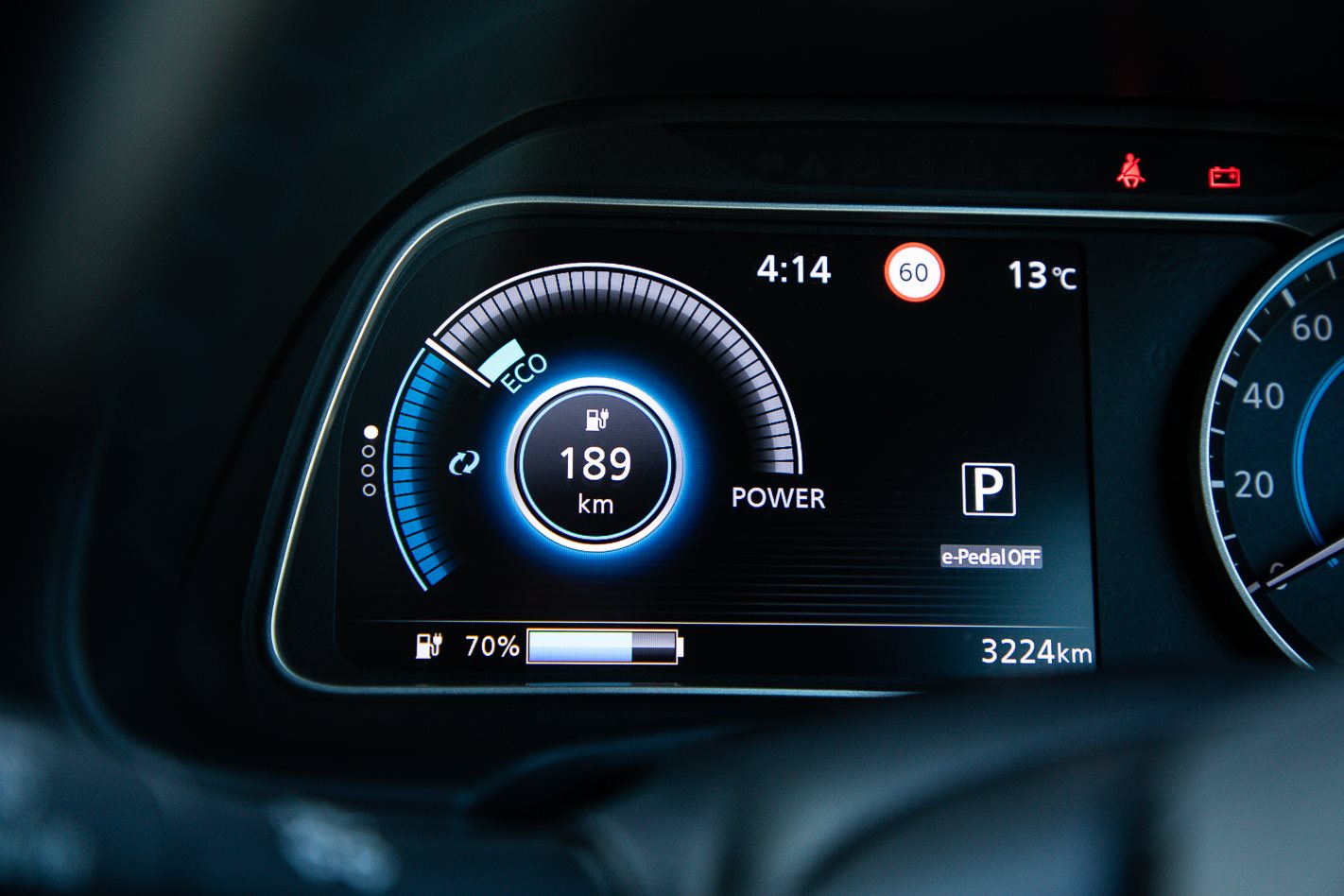
NOVEMBER 23, 2020 – Motoring and environmental groups have condemned the Victorian and New South Wales governments for following South Australia’s lead in imposing a tax on electric vehicles.
The Victorian Government at the weekend announced its Zero and Low Emission Vehicles (ZLEV) Road-User Charge as one its Budget measures, which imposes a 2.5c/km charge on electric and other zero-emission vehicles, including hydrogen vehicles, and a 2.0 cent/km charge to plug-in hybrid-electric vehicles, despite PHEV owners already contributing to the federal fuel excise.
The New South Wales government had earlier announced a similar plan but has yet to make it official.
The decision to tax electric vehicles at a time when governments around the world are offering considerable financial incentives to speed up their uptake has predictably raised the ire of motoring and environmental groups, including the Electric Vehicle Council [EVC], which claimed Victoria’s EV tax “slams the brakes on the State’s transition to a cleaner, healthier urban environment”.
EVC chief executive Behyad Jafari (below) said the decision was perplexing given the State’s aspiration to reach net zero emissions by 2050.
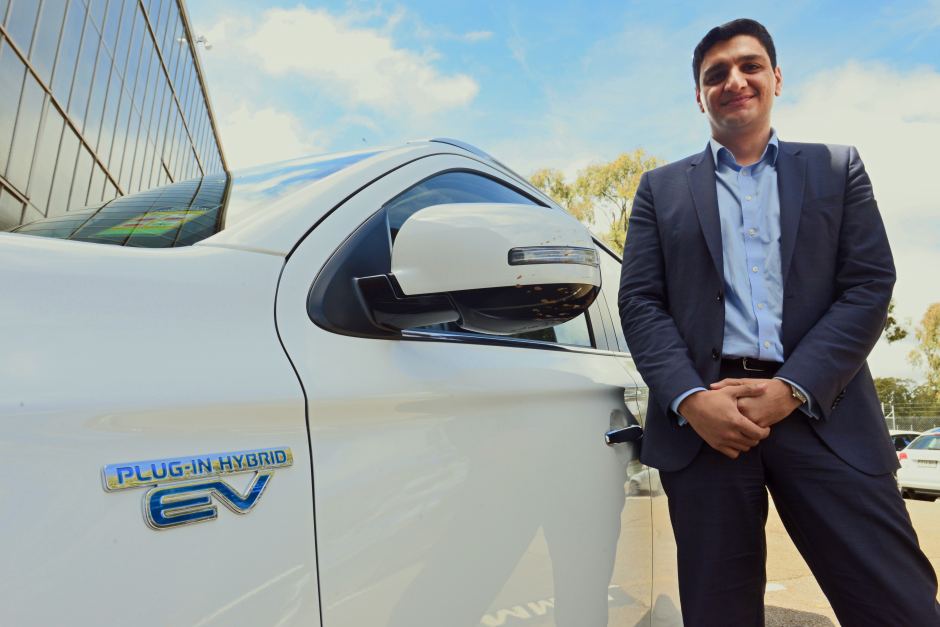
“Victoria simply won’t reach its goal of net-zero carbon emissions by 2050 if it taxes electrical vehicles. This is deeply counter-productive and makes very little sense.
“No other nation on Earth has thought it sensible to apply a special new tax to electric vehicles.
“Why would we slow the transition to cleaner and healthier air by imposing a new and unnecessary tax?”
Jafari’s comments were echoed by the Federal Chamber of Automotive Industries (FCAI)’s chief executive Tony Weber, who said Australian state governments want to kill EV technology at its infancy.
“Once again, we have a state government in Australia trying to destroy the path to a greener and cleaner motor vehicle fleet for this and future generations,” Weber said.
“Don’t worry about health outcomes, don’t concern yourself about the environment – short-term revenue collection comes first.
“Other countries bend over backwards to increase the use of EVs and other low emission vehicles, because they recognise the benefits.”
Unlikely support
The Australian Automobile Association supports the EV tax, saying the Victoria’s decision to join South Australia and possibly New South Wales to introduce a new charging regime for zero and low emission vehicles is “another step in the right direction.”
But AAA managing director Michael Bradley warned there needed to be a new national model for funding transport projects from revenue raised from motorists.
“The technological shifts we’re seeing in the car market are good for consumers and the environment, but they are also going to significantly undermine the federal budget and its reliance on fuel excise revenue to fund transport projects,” he said.
“The Federal Government must step in and ensure tax changes are nationally consistent, equitable, and progressed in a manner that does not disincentive technological transition.”
Weber agreed that the decline in fuel excise revenue and the taxation of motorists and their vehicles was a long-term issue that needed to be addressed.
“However, such a transition needs to be undertaken in a holistic and nationwide manner, recognising the importance of EVs and other low emission vehicles. Let’s not kill EVs in their infancy,” he said.
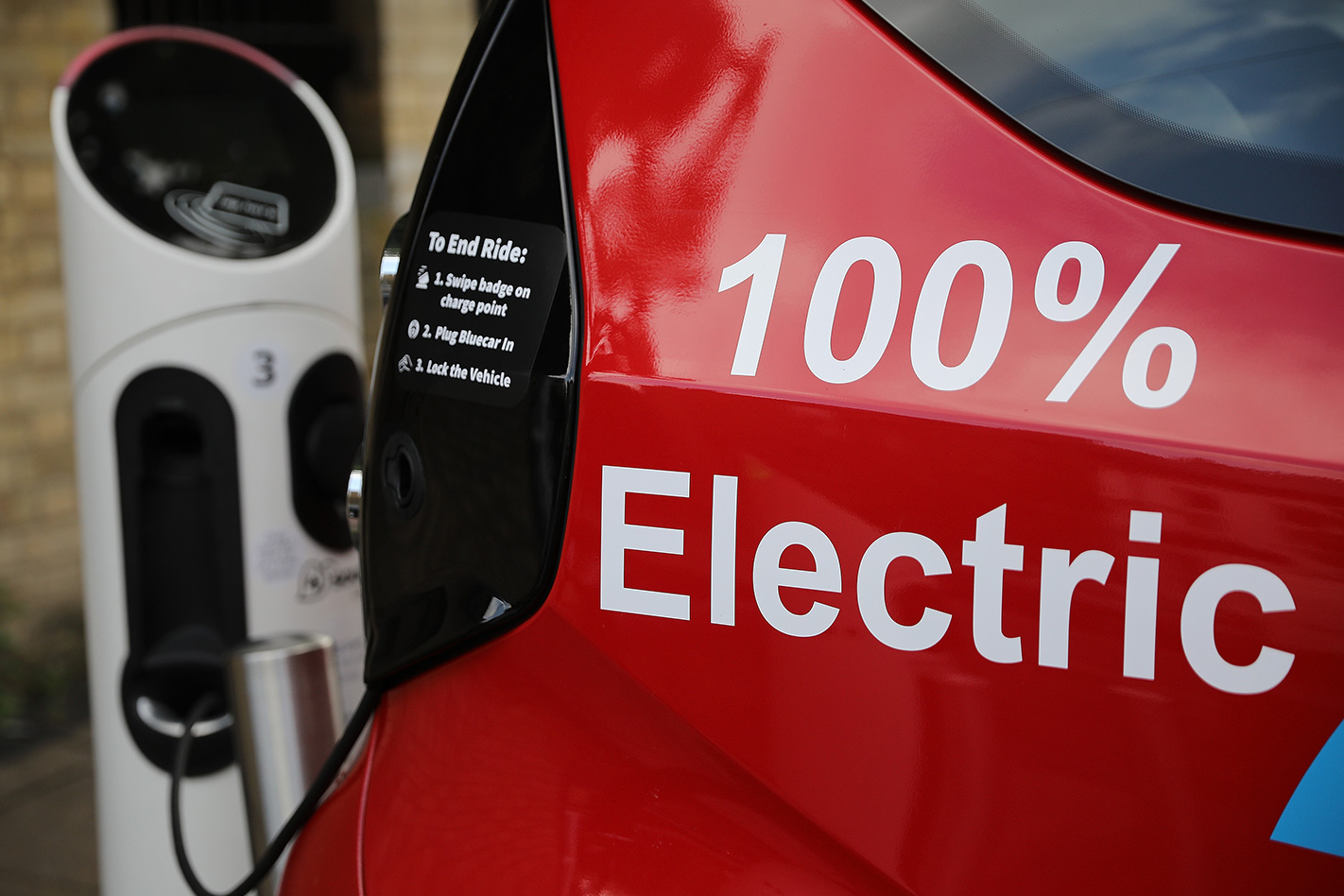
But Jafari said charging a tax on EVs because they don’t contribute to the fuel excise “was like replacing declining tobacco excise with a new tax on nicotine patches”.
“They are madness,” he said.
“Fuel excise income is not quarantined for roads and will drop in the long run. But as we shift away from petrol and diesel, diseases linked to air pollution and other costs associated with climate change will also decrease.
“Why would you tax a technology that will drive profound savings and economic benefit? Now is the time to be encouraging EVs, not holding them back with a new tax.
“We have been seeking a meeting with the Victorian Treasurer [Tim Pallas] to explain all of this for the past year. Unfortunately, he has repeatedly declined. This is a shame as we would love the opportunity to explain how electric vehicles can support his Government’s excellent carbon reduction targets.”
‘Fair and sensible’
A Victorian Government spokeswoman told WhichCar the EV tax, which will apply from July 1, 2021, was a fair and sensible change that makes sure all Victorian motorists pay their fair share for the record investments in our roads network.
“It’s not fair that a tradie driving a ute is paying to maintain our roads, but someone driving a Tesla is not.”
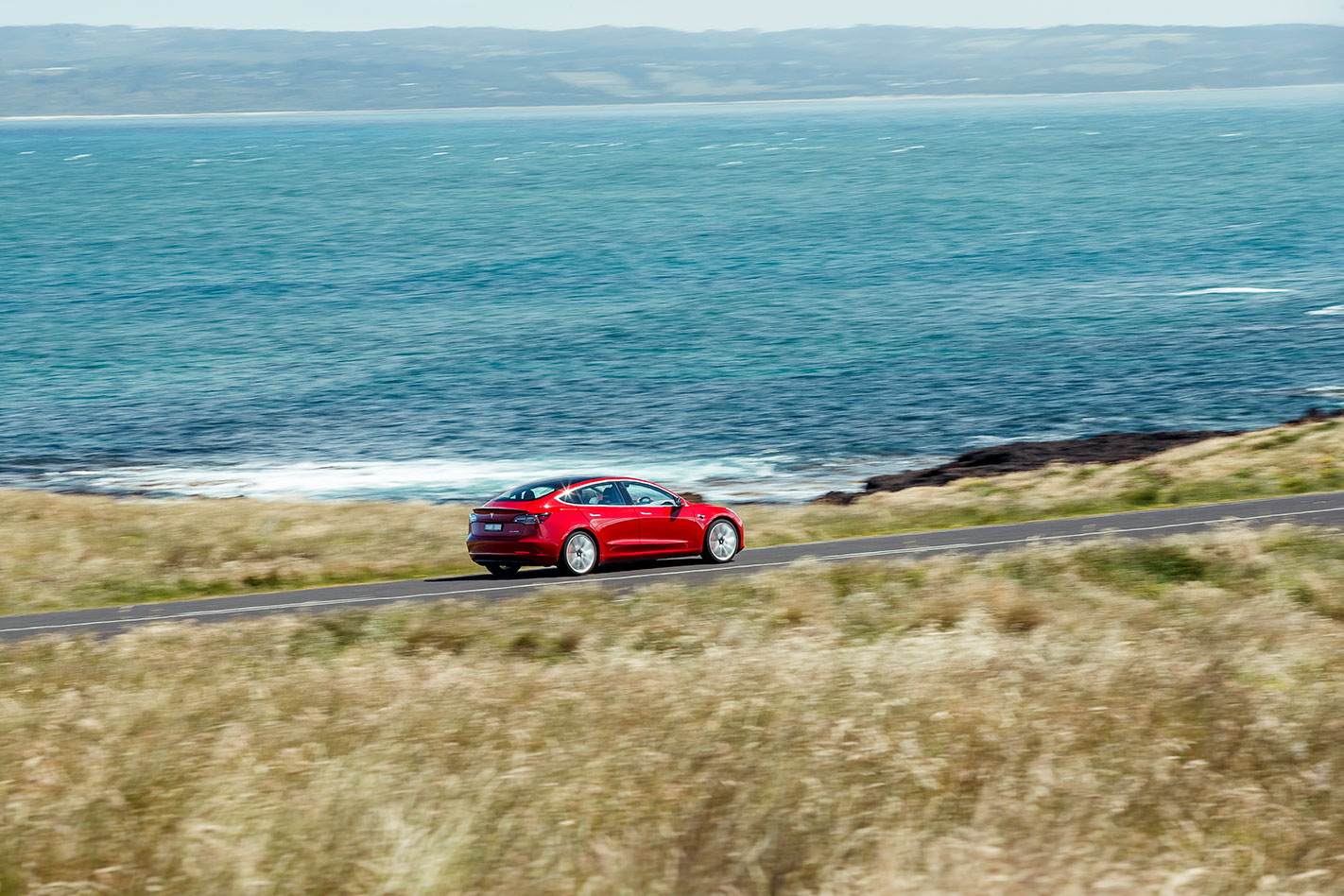
The spokeswoman did add, however, that tomorrow’s Victorian Budget will include funding for measures that help accelerate the take-up of electric and low emissions vehicles, ensuring Victoria pushes towards a clean energy future.
WhichCar also asked the Victorian government how it will determine the kilometres travelled by an EV to charge the tax and how it will be applied, but has yet to receive an answer.
How Victoria’s EV tax compares to fuel excise
Whenever you add petrol or diesel to a car you pay a fuel excise of 42.3c per litre. This works out to be about 2.5 cents per kilometre for a car that consumes 6.0L/100km.
This means EV drivers in Victoria will end up theoretically paying more than the excise for drivers of small cars and crossovers that have an official combined fuel economy below 6.0L/100km such as the 2.0-litre Mazda 3, Toyota C-HR Hybrid and Suzuki Vitara Turbo.
Of course, most drivers don’t really notice they’re paying the fuel excise because it’s paid in instalments whenever they fill up.
However, it remains to be seen how and when EV owners will pay the road tax, which at 2.5c/km will attract a maximum $375 levy if travelling the average 15,000km per year.


